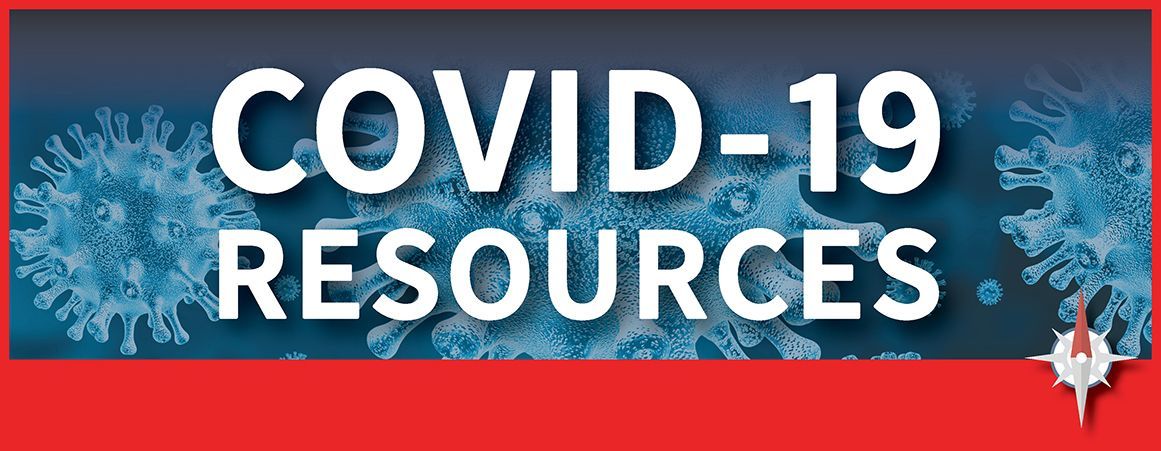
The COVID-19 pandemic has affected millions of people by putting them out of work, placing them in a position to choose between feeding their families and making rental or mortgage payments, and needing help they never imagined they would need.
Since March 2020, the states and federal government have implemented different programs to address this unprecedented crisis. While some of the programs have expired, others are still in place and vital to our clients.
Medicaid Benefits
The Families First Coronavirus Response Act, passed in March 2020, prevented states from removing Medicaid recipients from the program’s rolls.
Under the Act, Pennsylvania is required to keep people on the Medicaid rolls during the public health emergency unless they move out of the state or ask to be removed. When the public health emergency ends, states will have 12 months to go through enrollment and determine everyone’s eligibility status.
The Centers for Medicare and Medicaid Services reported that from February 2020 to May 2021, enrollment in Medicaid and the Children’s Health Insurance Program, or CHIP, grew by 11 million people, or more than 17 percent, the largest increase over 18 months in the program’s history.
On October 15, 2021, the Secretary of the United States Department of Health and Human Services renewed the COVID-19 public health emergency declaration (PHE) for 90 days. The continued coverage is set to expire on January 15, 2022, at the end of the public health emergency, unless the government extends it.
SNAP Benefits
Starting with October 2021, most households received a 21% permanent increase in their SNAP benefits.
Also, the Families First Coronavirus Response Act permitted states to extend emergency SNAP allotments to program recipients to assist them through the COVID-19 pandemic. Since March 2020, Pennsylvanians have received monthly allotments totaling nearly $2 billion beyond the normal SNAP distributions.
In dollar amount, this means that a one-person household living on Social Security who received the maximum $19 a month in non-pandemic times has been receiving an additional $215 a month.
If the federal public health emergency remains in place going into 2022, the Pennsylvania Department of Human Services expects to be able to renew its intent to continue these enhanced benefits.
SNAP benefits may now be used to purchase groceries online on Amazon, Walmart, ShopRite, and Fresh Grocer.
To apply for SNAP benefits, please use this link: https://www.compass.state.pa.us/compass.web/Public/CMPHome
It is recommended to use the website rather than the app on mobile devices.
You can now apply for SNAP benefits over the phone at 866-550-4355.
Renters Assistance
Emergency rental assistance is still available through the ERAP program. ERAP helps tenant households with paying rent, past-due rent balances, utility and home energy costs, utility and home energy cost arrears, and other expenses related to housing.
Rent expenses include rent, rent arrears, rental costs for trailers and trailer lots, and may include long-term housing hotels, motels, and boarding homes.
Utilities include separately stated electricity, gas, water, sewer, trash removal, and energy costs, such as fuel oil.
Other expenses related to housing include but are not limited to relocation expenses, rental fees, reasonable late fees, internet services for work, home schooling, telemedicine, etc.
For more information and frequently asked questions, please follow this link: https://www.compass.state.pa.us/Compass.Web/RAP/Application
Homeowners Assistance
The Pennsylvania Housing Finance Agency (PHFA) administers the PA Homeowner Assistance Fund (HAF) program to assist mortgage borrowers who meet eligibility requirements with their mortgage payments. Learn more at: https://www.phfa.org/haf/
Homeowners impacted by COVID-19 may be eligible for a mortgage forbearance for up to 12 months (if mortgage is through Fannie Mae or Freddie Mac).
Also, if you have a VA-Backed Home Loan, you may be eligible for a mortgage forbearance for up to 6 months with the option to extend it for additional 6 months. For more information and frequently asked questions, please follow this link: https://www.benefits.va.gov/homeloans/cares-act-frequently-asked-questions.asp.
Utilities Assistance
Emergency utility assistance is available through the ERAP program. Utilities include separately stated electricity, gas, water, sewer, trash removal, and energy costs, such as fuel oil.
The Weatherization Assistance Program (WAP) helps eligible people with home weatherization, to increase energy efficiency.
LIHEAP assists eligible people with heating and cooling expenses, and home weatherization (the 2021-2022 program is now open for applications).

